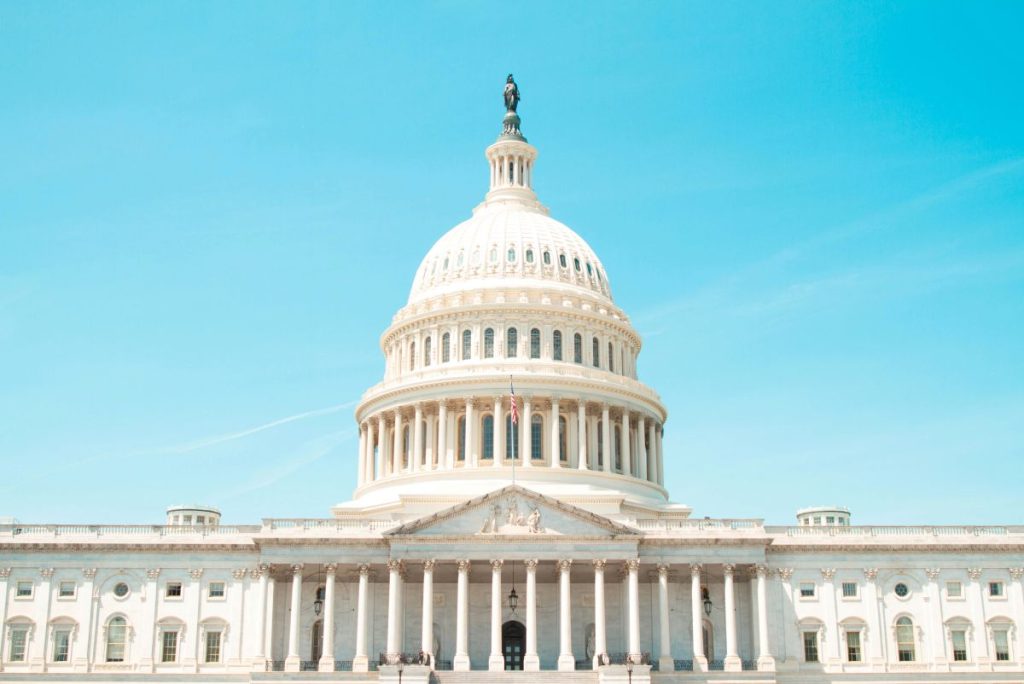A new national security probe into pharmaceutical imports could lead to sweeping tariffs, threatening cost increases across global supply chains and reshoring challenges for manufacturers.
Pharmaceutical Imports Under Scrutiny as U.S. Considers New Trade Measures
The Biden administration has launched a formal investigation into the national security implications of pharmaceutical imports—a move that could mark a turning point in how the U.S. manages one of its most globally integrated supply chains. Announced by the Department of Commerce under Section 232 authority, the probe will assess both finished medicines and their key ingredients, with potential tariffs on the horizon.
Commerce Secretary Howard Lutnick initiated the investigation on April 1, alongside a similar inquiry into semiconductor imports. While the notices won’t be officially published until Wednesday, the administration has made clear that it sees pharmaceuticals as critical infrastructure, and intends to pursue trade tools that encourage domestic production.
Many U.S.-sold medicines rely on complex, global supply networks. Active pharmaceutical ingredients (APIs) are frequently sourced from China and India, while manufacturing hubs in Switzerland, Ireland, and the Netherlands handle much of the final dosage production. Tariffs could quickly raise costs across the chain, especially for generics, where margins are already thin.
Tariffs Could Accelerate Reshoring, but Not Without Short-Term Tradeoffs
Anticipating policy changes, companies like Eli Lilly, Johnson & Johnson, and Novartis have already announced significant investments in U.S. manufacturing capacity. Yet, any meaningful shift in sourcing or production will take years—and tariffs could hit well before these new facilities come online. Lutnick suggested that new duties could be imposed within a month or two, underscoring the urgency with which the administration views the issue.
The Commerce Department has asked for public comment on key areas, including the feasibility of reshoring, the geographic concentration of suppliers, and the ability of domestic producers to meet current demand. The outcomes of this consultation will feed into a report expected within 270 days, though recent White House actions suggest faster timelines are possible.
Analysts have warned that added cost pressure could force pharmaceutical firms to delay or reduce spending elsewhere, including R&D. And while branded drugmakers may absorb some impact, generic manufacturers—already operating on lean margins—could see significant financial strain.
Reshoring Goals Face Supply Chain Realities
For supply chain and procurement leaders in pharma and healthcare, this investigation is a flashing warning light. While the case for reducing reliance on overseas sources is clear, the timelines for doing so are long—and the financial implications immediate. Firms will need to revisit sourcing strategies, assess their exposure to tariff risk, and consider how to maintain service levels amid shifting cost structures. As the policy environment evolves, strategic agility will matter as much as operational efficiency.







